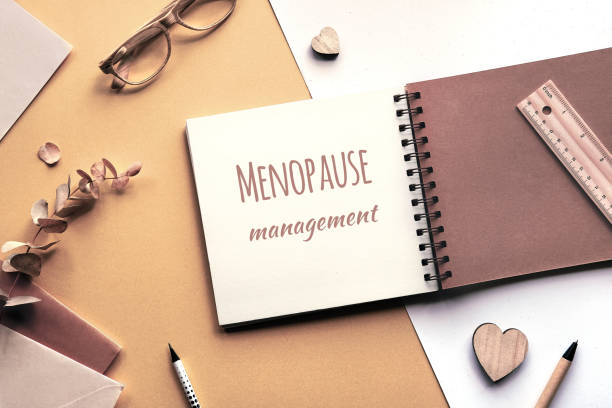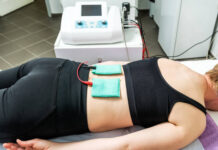Some women report changes to their hair and skin as a result of menopause, which occurs one year following the last menstruation. Dryness, slackness, and skin thinning are symptoms of low hormone levels. You could find that your scalp hair is thinner and finer than the hair on your face. These effects may be mitigated with the correct treatment by using hair, skin and nail supplements from Menoveda.
8 Skin Care Tips to be Followed During Menopause
Here are some excellent tips you must follow:
1. Cleansing Well
A good cleansing routine is essential for all skin types, particularly older ones; extra moisture benefits older adults whose skin naturally grows drier. Finding a cleanser that works well with dry skin is essential. Instead of using foam or gel cleansers, which may remove moisture, use a moisturizing creamy product.
2. Stay Well Hydrated
The oil glands in your skin become less active after menopause, leading to drier skin. Make an effort to hydrate the skin more by using a thicker cream. After a short, warm shower, use moisturizer instead of a hot one. That aids in increasing hydration.
3. Sun Protection Factor
Sun protection is still vital throughout your twenties, thirties, and forties, even though sun exposure causes wrinkles and skin cancer. Why? Your skin may have less natural protection than when you were younger. Wear a broad-spectrum sunscreen with an SPF of 30 or higher every day.
4. Reduce the Signs of Ageing Skin
Sun damage accumulates with age, and hormonal changes throughout menopause can contribute to wrinkles. Hormone levels decline with ageing, which may alter skin quality and exacerbate wrinkles.
As you become older, dry skin may accentuate the appearance of wrinkles. Make moisturizer a daily habit and search for skin care products and hair, skin and nail supplements that brighten the complexion while fighting fine lines and sagging.
5. Age Spot Care
The onset of menopause may amplify the appearance of age spots on the chest, hands, and face. Applying sunscreen daily may help ward them off. Remove dull, flaky, dead skin cells using an exfoliant to fade them. You can lighten dark spots using skin-lightening creams and hair, skin and nail supplements. In addition, toners may make skin tone more uniform.
6. Wash and Caress Your Hands
Menopause may cause a loss of lipids, collagen, and moisture from the palms and soles of the hands. As a result, fine lines and wrinkles may become more noticeable. Additionally, you may seem bony and have see-through skin. Keeping your hands moisturized might help diminish the appearance of fine lines and wrinkles. Shade them from the heat. Always wear gloves, whether working in the garden or around the home.
7. Consume Antioxidants
The plumpness and firmness of young skin are provided by collagen, hair, skin and nail supplements. A decrease in estrogen causes a corresponding reduction in collagen in the skin. If you want better skin from the inside out, try eating antioxidant-rich foods. Incorporate all the colors of the rainbow into your diet by seeking out fruits and vegetables that are vibrant in color (these nutrients are what give them their color).
8. Yoga and Meditation
More dryness and sensitivity to the sun might be side effects of stress. Conditions like psoriasis might be exacerbated by it as well. Worse, you may completely disregard your skin care regimen when you’re anxious. Try stress-reduction practices like yoga or meditation if you’re having trouble unwinding.
Conclusion
While many of your hormone levels don’t change with age, your confidence and knowledge do. The skin undergoes significant changes during menopause due to decreased estrogen levels. Thickening, sagging, and wrinkles are more likely to occur when estrogen levels are low.
Fortunately, by attending to your unique skin care requirements, you can lessen the impact of ageing on your skin. Also, try using hair, skin and nail supplements from Menoveda for the best results.These supplements are completely Ayurvedic and non-habit forming.









